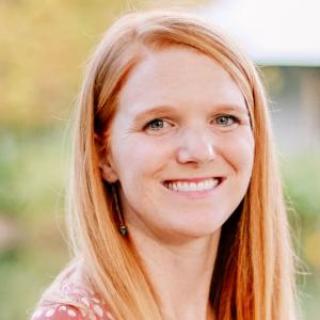The Impact of the Pandemic on Academic Support for Preschoolers
Key Takeaways from a New Jersey District-Level Survey
September 23, 2021
Abstract
In March 2020, most preschool programs physically closed at the onset of the COVID-19 pandemic. For state-funded preschool programs, guidance differed in terms of what programs were required to provide to students. While some states mandated the provision of remote learning, others did not, and still others opted to provide alternative types of supports and resources to families (Friedman-Krauss et al., 2021). This brief reports on the responses of district leaders in one state that offers state-funded preschool (New Jersey) on how they supported preschool learning at the onset of the COVID-19 pandemic. Schools in New Jersey were closed to in-person instruction beginning March 18, 2020, and stayed closed for the remainder of the 2019-20 school year, requiring preschool programs to adapt instruction accordingly. The results highlight that while many children had access to or were encouraged to engage in activities like reading and music, participation rates varied critically, and the types of supports provided ranged in type, frequency, and duration. In addition, while close to two-thirds of districts provided professional development for teachers, much of this was centered on how to use the technology needed to reach children and families, rather than in developmentally appropriate practices or instructional strategies that could be used in the online environment. In addition, daily communication with children was absent in almost half of the districts, which means that remote learning occurred through a strong dependence on parents. While most districts rolled into the 2020-21 school year with more experience and preparation, looking back at the end of the 2019-20 school year provides an opportunity to reflect on lessons learned, on gaps in the opportunities provided, and on critical aspects to address moving forward.
The Authors
Dr. Milagros Nores is the Co-Director for Research and Research Professor at the National Institute for Early Education Research (NIEER). With a profound expertise in early childhood evaluation, informing data-driven policy and programming, cost and benefits of early interventions, evaluation design, equity, and English language learners, she has established herself as a leading researcher in the field of early care and education.
Erin Harmeyer is an Assistant Research Professor at NIEER. Her research interests include family childcare quality; caregiver-child interactions; and the academic readiness skills of preschool-age children.

